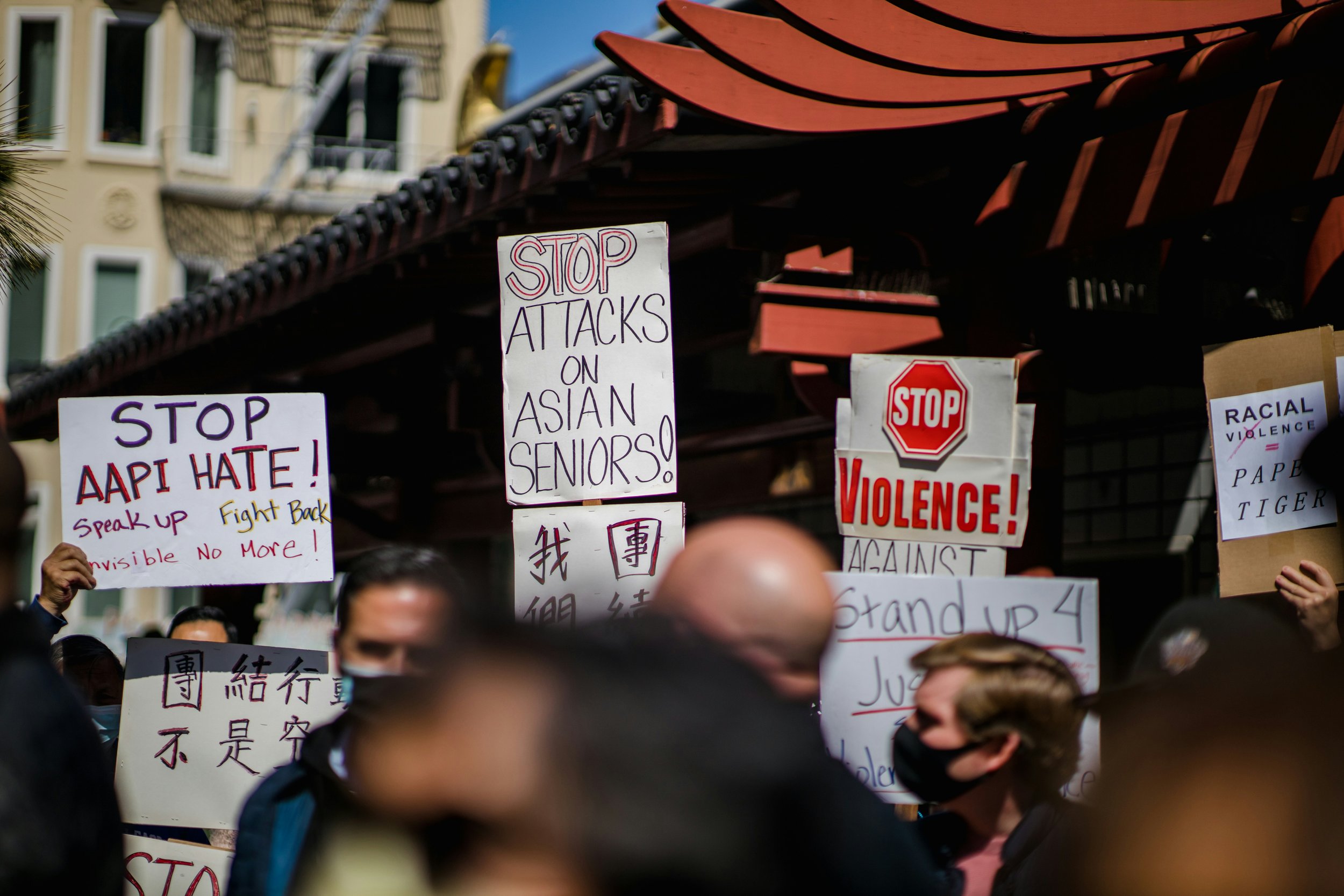
About CHIRRP
The Problem
Hate crimes are a growing problem in the United States but remain widely underreported and unaddressed. This gap between reporting and effective response leaves many hate victims and their communities susceptible to further victimization.
Community-based organizations (CBOs) are the backbone of thriving communities, with knowledge of, legitimacy among, and strong ties to the groups they serve. Yet, their role and success in preventing and responding to hate crimes remains understudied and underutilized.
The Community’s Solution
In 2024, the CUNY Institute for State & Local Governance was funded by the Department of Justice to create a community-led research project that taps into the power of New York City’s community-based organizations (CBOs) to develop a model for hate crime collaboration. This includes:
-

Increasing victim reporting of hate crimes to CBOs in order to more effectively deploy local resources for hate crime prevention and response.
-

Improving support for victims of hate crimes and communities affected by hate crimes, specifically by leveraging CBOs' knowledge of, and legitimacy within, these communities, in order to help prevent initial and repeat hate crime victimization.
-

Strengthening coordination among CBOs in order to more effectively use resources and knowledge proactively to prevent hate crimes and respond when they do occur.
Collaborative for Hate-Crime Incident Research, Response & Prevention (CHIRRP)
Key community partners represent seven communities affected disproportionately by hate crimes in New York City, including Black/African American, Arab/Muslim, Asian and Pacific Islander, Latine, Jewish, Trans/LGBTQ, and Sikh. In addition, the Mayor’s Office for the Prevention of Hate Crimes funds and regularly convenes these providers and their constituent networks. Other partners include the Bronx District Attorney’s Office, Safe Horizon, and the NYC Commission on Human Rights Law. Finally, Rutgers University and Florida International University are research partners.
Together, convened by CUNY ISLG, these partners are developing a community participatory design for the project—including interviews, data analysis, surveys, document reviews, and more—to better understand, prevent, and respond to hate crimes, and chart CBOs’ roles in doing so. The project also employs a number of Community Research Associates to more effectively outreach and conduct research with the study populations.
Latest Updates
Our Partners
Learn more about our partners.
-
COMMUNITY-BASED ORGANIZATION PARTNERS:
-
OTHER PARTNERS:




